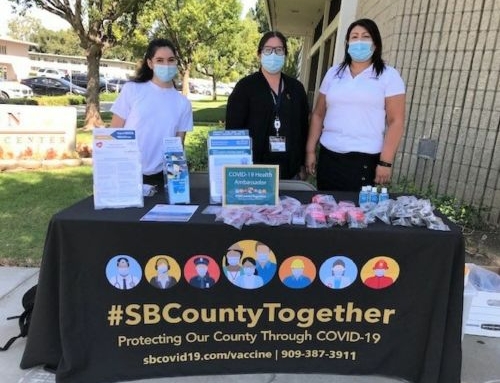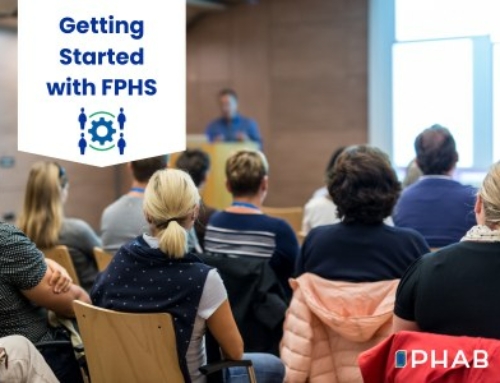Innovation Description
The Post-Crisis Response Team (PCRT) project was designed to improve the various ways justice-involved individuals with mental health issues in DuPage County, Illinois, are served. To determine the scope of the problem, a Sequential Intercept Mapping (SIM) workshop was held in July 2017. Using the gaps identified from this workshop, a coalition was formed to work with local stakeholders to research and make changes. Another aspect of the project was the development of a Post-Crisis Response Team to respond to people who have a mental health crisis during an interaction with the Sheriff’s Office. Finally, the ways in which the county’s law enforcement departments code mental health calls were assessed and recommendations were made for streamlining this across all departments.
Major Accomplishments
- Gaps were identified: A two-day workshop with local leaders in July 2017 identified gaps and opportunities to improve mental health services that are provided to justice-involved individuals in DuPage County, Illinois.
- The Post-Crisis Response Team (PCRT) was designed and implemented to respond to individuals after the Sheriff’s Office responds to a mental health crisis.
- PCRT was put to the test, successfully handling 239 incident cases and providing 142 specific referrals to care over a period of 18 months.
- Mental health data-coding became more streamlined: The project reviewed the current state of how more than 30 police departments code mental health data and made recommendations for streamlining and standardizing the data. These recommendations were presented to the Chief’s association to ensure better understanding of the need for streamlined data.
- Partnerships matter. A cross-sectoral partnership coalition was successfully formed with more than 80 members all focused on addressing existing mental health gaps.
- Community investment is important. The PCRT project provides updates to the coalition through regular newsletters and in-person meetings to maintain investment from the community.
- A better system unfolded through the formation of workgroups built around priorities identified in the SIM workshop and goals were developed to improve the system from diversion and post incarceration.
- PCRT provided training through multiple events in the County focused on improving mental health response, including a half-day training about how law enforcement can provide trauma-informed response.
Barriers & Challenges
- Reconciling two separate data logs for PCRT between the health department and Sheriff’s Office proved challenging.
- Determining which mental health codes were being used by hundreds of law enforcement officers across DuPage’s more than 30 different police departments proved challenging.
- Keeping consistent records of every outcome from our PCRT was a challenge, especially since it requires duplicative entry.
- Maintaining momentum among community mental health partners after a big event required some extra focus.
- Encouraging buy-in matters: Getting partners to take a personal stake in the success of different initiatives and asking them to provide help outside of their typical work schedule proved challenging.
- Time and staffing were at times limited in scope and in ability to respond to PCRT cases.
- Attempting PCRT expansion may prove difficult due to limited data on mental health call volumes.
Replication Efforts
The first step for other communities trying to replicate our project would be to build a network of stakeholders across sectors who are interested in improving mental health in the community. Conducting a SIM workshop was a great first step for us and helped both strengthen these collaborative relationships as well as identify gaps. To replicate our PCRT, work with your county Sheriff’s Office (or other law enforcement department) and specify the calls through streamlined UCR code data that would qualify for follow-up, and then identify and train employees from both organizations who can work together regularly to provide follow-up.
Resources
- Innovation Summary Document
- Case Study Report





